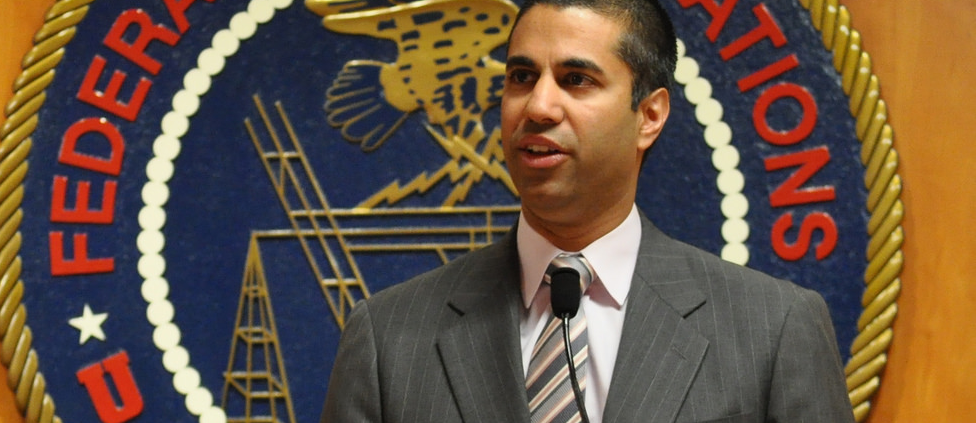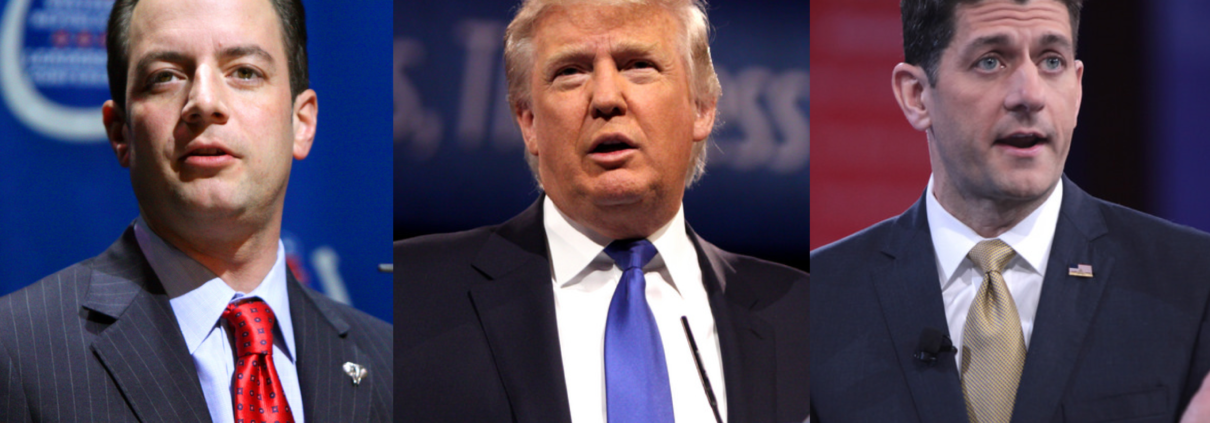Getting Back to FERC
Here’s What You Need to Know
With the resignation of recently replaced Federal Energy Regulatory Commission (FERC) Chairman Norman Bay effective February 3rd, the five-member regulatory body tasked with a key role in the permitting process of interstate energy infrastructure projects, and the regulation of the transmission and sale of electricity, has been left with only two commissioners and thus without a quorum. These vacancies mean the agency cannot conduct business and all decisions must, effectively, be held in limbo until President Trump can fill at least one of the three open seats on the commission.
- Can Staff Fill The Void? In the brief period between Commissioner Bay announcing his resignation and his official departure, the Commission attempted to rule on several key items on their docket. But, Acting FERC Chair Cheryl LaFleur also sought to limit the damage to the energy sector that could be caused by FERC’s paralyzed status by elevating and expanding the authority of the agency’s staff. Such a measure was considered when FERC faced the possibility of a loss of quorum in 1993, but the scenario was avoided and staff authority remained unchanged. While this step may help in some respects, Commission staff will likely be cautious as to what decisions they make and avoid any actions that could spur later controversy or court action. This situation means FERC’s consideration of its most important matters will likely remain unaddressed even with expanded staff authority.
- Energy Infrastructure Atrophy: One such duty that staff will likely be unable to deal with is substantive decisions on infrastructure projects, which will prevent any progress on new hydroelectric and natural gas storage and pipeline projects. Several pipelines had been seeking FERC approval now so they could begin tree-clearing and construction processes this spring. But, projects like Natural Fuel’s Northern Access pipeline, the PennEast pipeline, and Spectra’s Nexus pipeline will now likely need to wait for a new FERC commissioner to receive the necessary certification. FERC’s inability to move these project forward cuts into the billions of dollars riding on their completion and brings to a screeching halt the new Administration’s push to expand new domestic energy infrastructure.
- No Answers On Nuclear Subsidies: FERC’s lack of a quorum will also impact the pending decision regarding market rules addressing subsidies of aging nuclear power plants. The Electric Power Supply Association has filed two separate complaints requesting the Commission step in to handle multiple spring auctions. FERC’s ruling on these issues will be crucial in either legitimizing or seriously curtailing state subsidies that the nuclear power industry consider essential for them to remain competitive with natural gas and other renewable energy sources.
President Trump has yet to name any nominees to fill the three open seats on the Commission, and while some names have been floated around the Beltway, nothing is official and decisions on these major energy sector policies will remain delayed for the foreseeable future.
News You Can Use
CFPB TEXTING TROUBLE
The Cause of Action Institute, an independent watchdog group, recently raised questions about whether Consumer Financial Protection Bureau Director Richard Cordray may have violated federal open records laws by failing to properly archive work-related text messages on his personal cell phone. The issue arose when these text messages were not revealed until multiple follow ups to a Freedom of Information Act request uncovered them. Further reports showed the uncovered text messages also included potentially troubling ties between the CFPB chief and Democratic donors and lobbyists. This ethics challenge comes as the Trump Administration, Capitol Hill Republicans, and other CFPB critics are looking for remove the Obama-appointed Cordray from his position prior to the expiration of his term in July 2018. It also shows that what is originally provided by government agencies in response to public records requests should not be taken at face value as everything that’s truly available.
DEMOCRATS’ DATA-DRIVEN DESTRUCTION
Long-time Democratic strategist Dave Gold has taken his party’s campaign experts to task in an op-ed attributing his party’s recent failed election cycles to an obsession with “data-driven” campaigns at the expense of focusing on the most effective ways to communicate with human beings through emotional storytelling. Gold argues strongly that any successful campaign must be rooted in building an effective narrative and telling stories that are framed within that narrative that connect with voters. While Gold’s advice is directed at Democrats, it is easily applied to anyone seeking to influence the electorate and should be taken to heart anytime someone attempts to breakdown the art of influence into a simple algorithm.
GOVERNMENT ACCOUNTABILITY IN THE TRUMP ERA
When the Trump transition team requested information from the Department of Energy on what work they and their contractors had done on climate change issues, it touched off a firestorm of criticisms. But Henry Miller, a Hoover Institute fellow for Scientific Philosophy and Public Policy, argues that the underlying principle of the incoming Administration’s request – to know what the federal bureaucracy is working on, who is working on it, and when they’re working on it – is entirely valid. His argument points to bureaucracies’ many examples of corruption and incompetence at VA hospitals, the FDA, and the EPA, suggesting greater accountability is the solution to correct these problems. Miller admits the task will be challenging and the Trump Administration will need to walk the line between appropriate accountability while not engaging in arbitrary punitive actions. But done correctly, accountability in the federal government can make for better government services for citizens.
BREAKING OUT OF THE CYCLE OF OUTRAGE
Huffington Post founder Arianna Huffington recently took to Medium to discuss how Americans can break out of the perpetual state of outrage many continue to feel over every decision or action taken by the Trump Administration. Huffington points out that those who want to genuinely oppose the Administration’s policies are better served remaining calm and rationally organizing their opposition while focusing their attention to more meaningful action if they truly cannot disengage from the news. Agree or disagree with the President’s or other elected official’s policies and actions, no good can come for either side while suffering the physical and mental toll of a two, four, or eight year perpetual state of outrage.
LABOR’S GRIP ON DEMS
Last week, Senate Democrats staged an aggressive, all-night effort to block the confirmation of President Trump’s nominee for Secretary of Education, Betsy DeVos. The move was confusing to some, considering the fairly limited scope and power assigned to the Department of Education. But, it highlighted the firm grip national labor unions, particularly public employee unions like those representing teachers, have over the modern Democratic Party. Many Democratic Senators appear so beholden to groups like the National Education Association and the American Federation of Teachers that they perform stunning about-faces on DeVos’ key policy issue of school choice. For example, New Jersey Senator Corey Booker has previously been a vocal proponent of school choice and even sat on the board of the American Federation for Children, which was chaired by DeVos. But, Booker chose to vote against his former colleague’s confirmation, a sign that he’s more focused on his political future than being consistent with his past. The fight over DeVos is only the first major obstruction orchestrated by big labor unions. Labor Secretary nominee Andrew Puzder’s stalled confirmation also illustrates that any stories of waning union influence inside the Democratic Party are much exaggerated, and that big labor still holds powerful purse strings inside the Democratic establishment.
Mark Your Calendar
Thursday, February 23 – Sunday, February 26: DNC’s Winter Meeting where a new Democratic Party Chair will be elected










